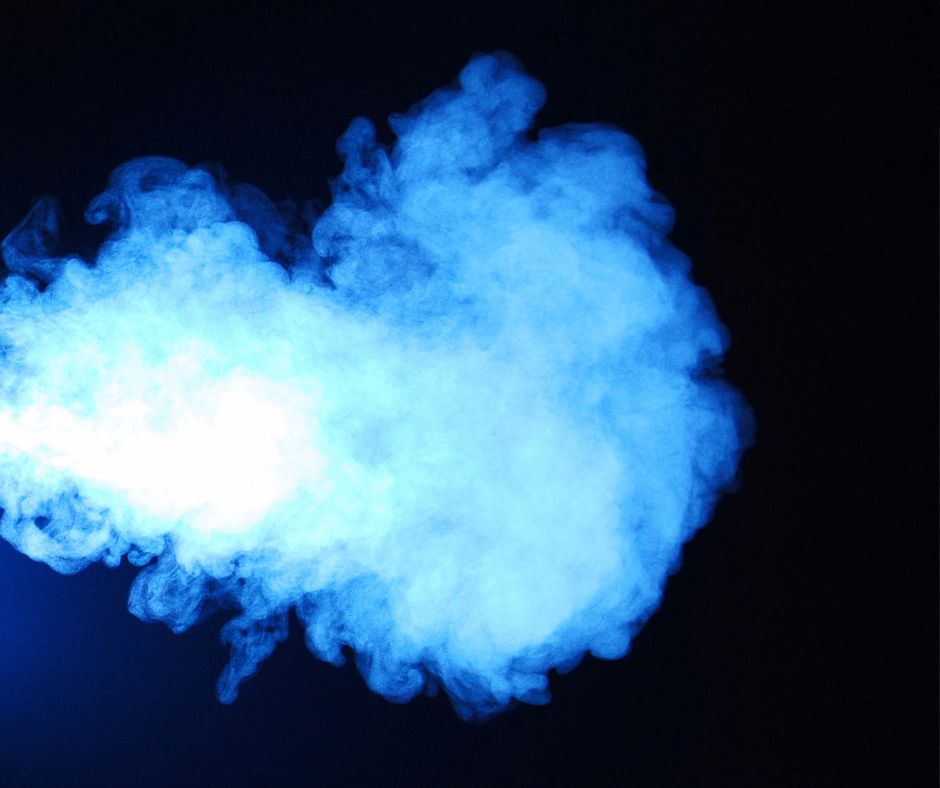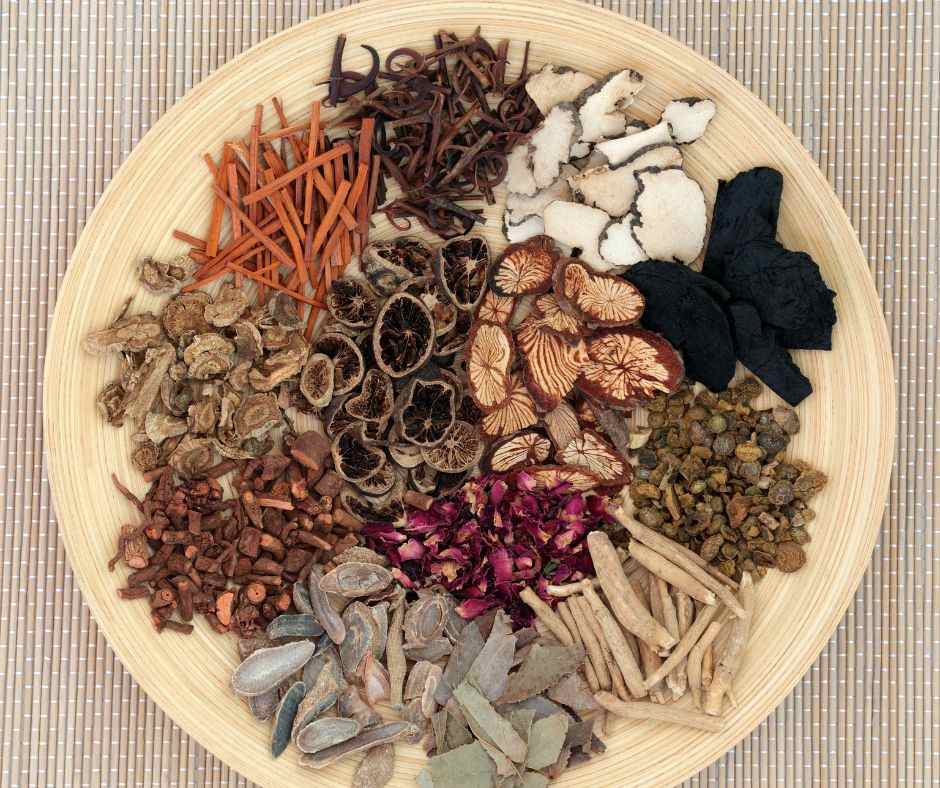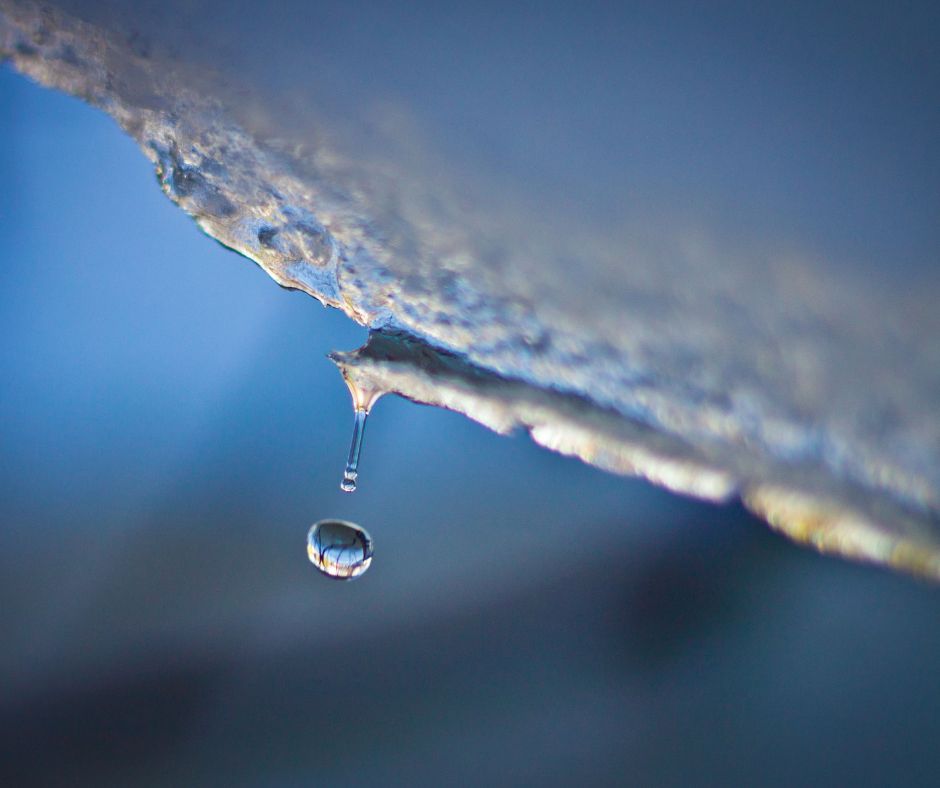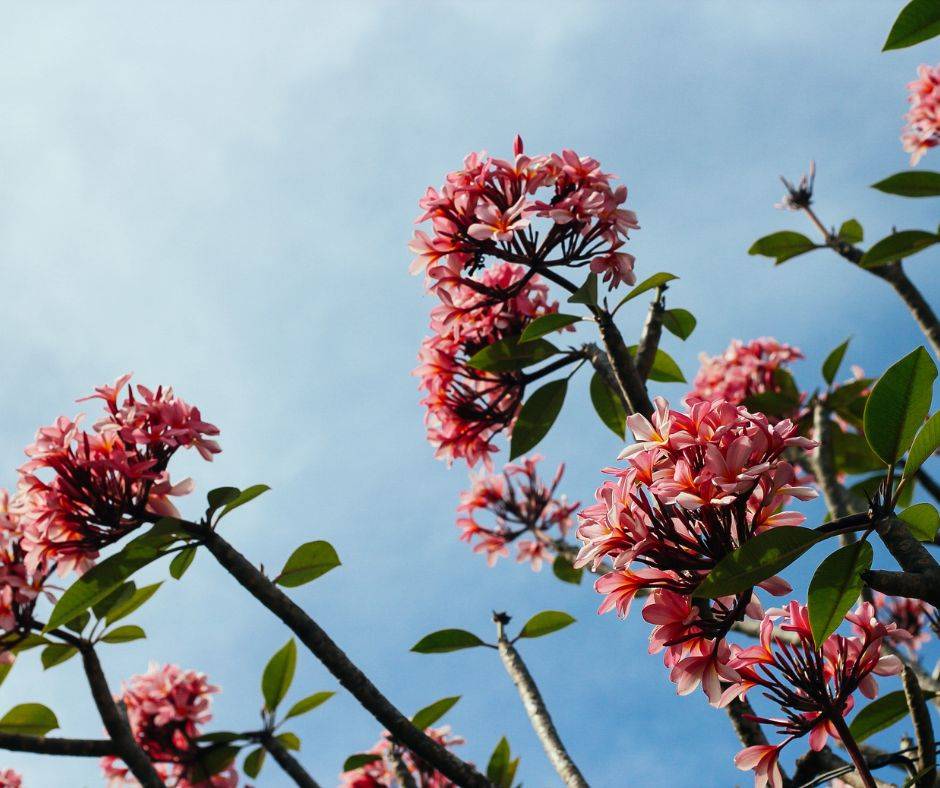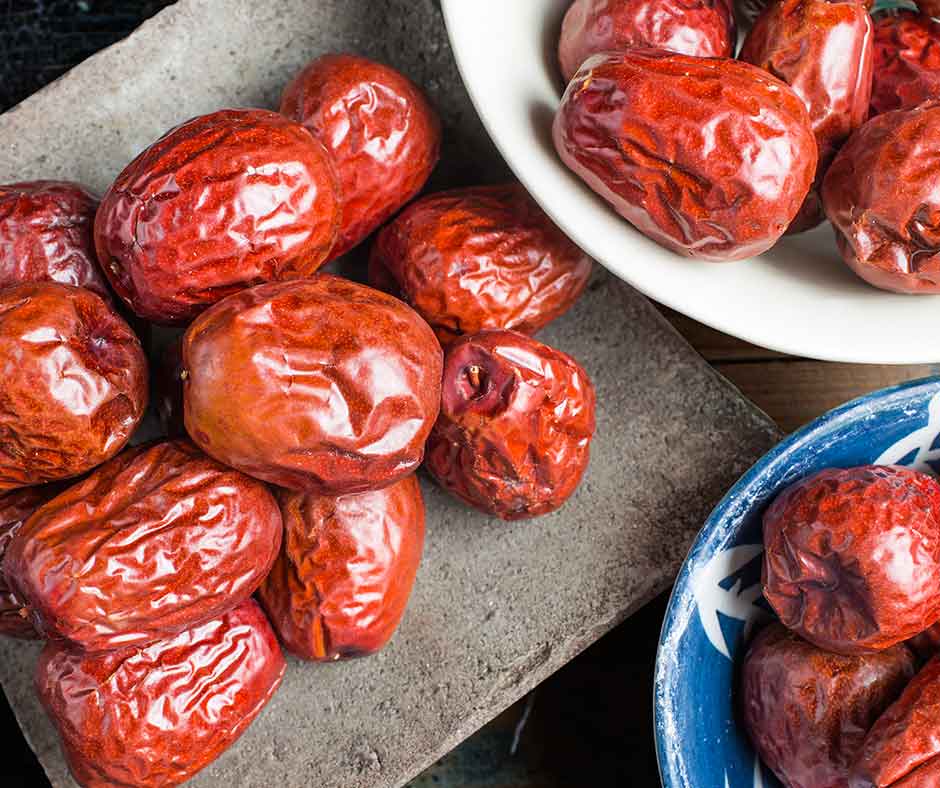“The highest good is like water. Water is good at benefiting the ten thousand things, and yet does not contend with them. It dwells in places the multitudes detest, therefore, it is close to the tao.”
Tao Te Ching
Eastern medical systems such as Chinese Medicine and Ayurveda view the human body, along with everything in the universe, as being made up of combinations of elements. Each of the elements represent certain characteristics. We can find these characteristics represented everywhere; in our food, our bodies, and the natural environment.
With this theory in mind, we can start to understand how external conditions like the weather, or the season, can have an impact on overall health and balance. Essentially, the human body is seen as a microcosm of the larger universe. By connecting with the current element, you can harness the positive energetic potential of each season. In addition, through simply changing your diet, habits, and lifestyle in accordance with the predominant element you can balance the effects of the season leading to greater health.
Here in the northern hemisphere we’re deep in the heart of winter. In Traditional Chinese Medicine and taoism, the season of winter is related to the water element. The water element is a time when we rest in the darkness and the unknown. It’s considered the most yin phase of the cycle.
Water Element and the Kidney and Bladder
The paired organs related to the water element are the Kidney and Urinary Bladder. According to the Chinese medical system, Kidney energy is incredibly important. It’s the foundation for all yin and yang in the body. The Kidneys also store “essence”, which is considered a deep reserve of energy and vitality.
When the Kidneys are out of balance energetically or physically, there can be bone disorders (especially of the lower back and knees), urinary, sexual, and/or reproductive problems, fatigue, teeth issues, hearing loss, or excessive fear and insecurity.
Resting in the Unknown
Water element energy supports us in feeling at home in the world in a very deep way. We can tap our Kidney energy by slowing down, and being quiet. Our culture is very yang which can be depleting to the water element; it’s easy to feel like there’s no time for retreat.
The water element, and this time of year, encourage us to stop and rest in the void or the unknown. Soon the light will return and spring energy will be upon us, but for now, the water element asks us – what do I know for sure? By developing the capacity to not immediately grasp at answers, and instead rest in the known and the unknown, there is an opportunity to develop wisdom. The Wisdom of the water element tells us it’s ok to not have it all figured out and there’s beauty and potency available in the waiting.
Meditation on Kidney Qi
Eat for the Season according to Chinese Medicine
According to Chinese Medicine, each season and element also has associated foods and helpful methods of food preparation. In the winter, eat more hearty soups, whole grains, roasted nuts, dried foods, small dark beans, seaweeds, and steamed winter greens.
Try this Miso soup recipe to nourish the water element and come into balance in the wintertime.
Traditional Chinese Medicine emphasizes salty and bitter foods this time of year. These flavors promote a sinking energetic and they bring heat into the interior of the body.
- Bitter foods: lettuce, celery, turnip, rye, oats, quinoa, amaranth, chicory root, burdock root,
- Salty foods: miso, soy sauce, seaweeds, salt, millet, barley (be careful of too much salt as it can weaken instead of strengthen)
If you feel cold this time of year: add more warming foods like cloves, fennel, ginger, cinnamon, black beans, onion family, quinoa, fenugreek seeds.
Want to learn more about Chinese Medicine and Ayurveda and how to cleanse and take care of yourself in the winter? Be sure to check out my video Seasonal Cycles: Deepen into Winter.


